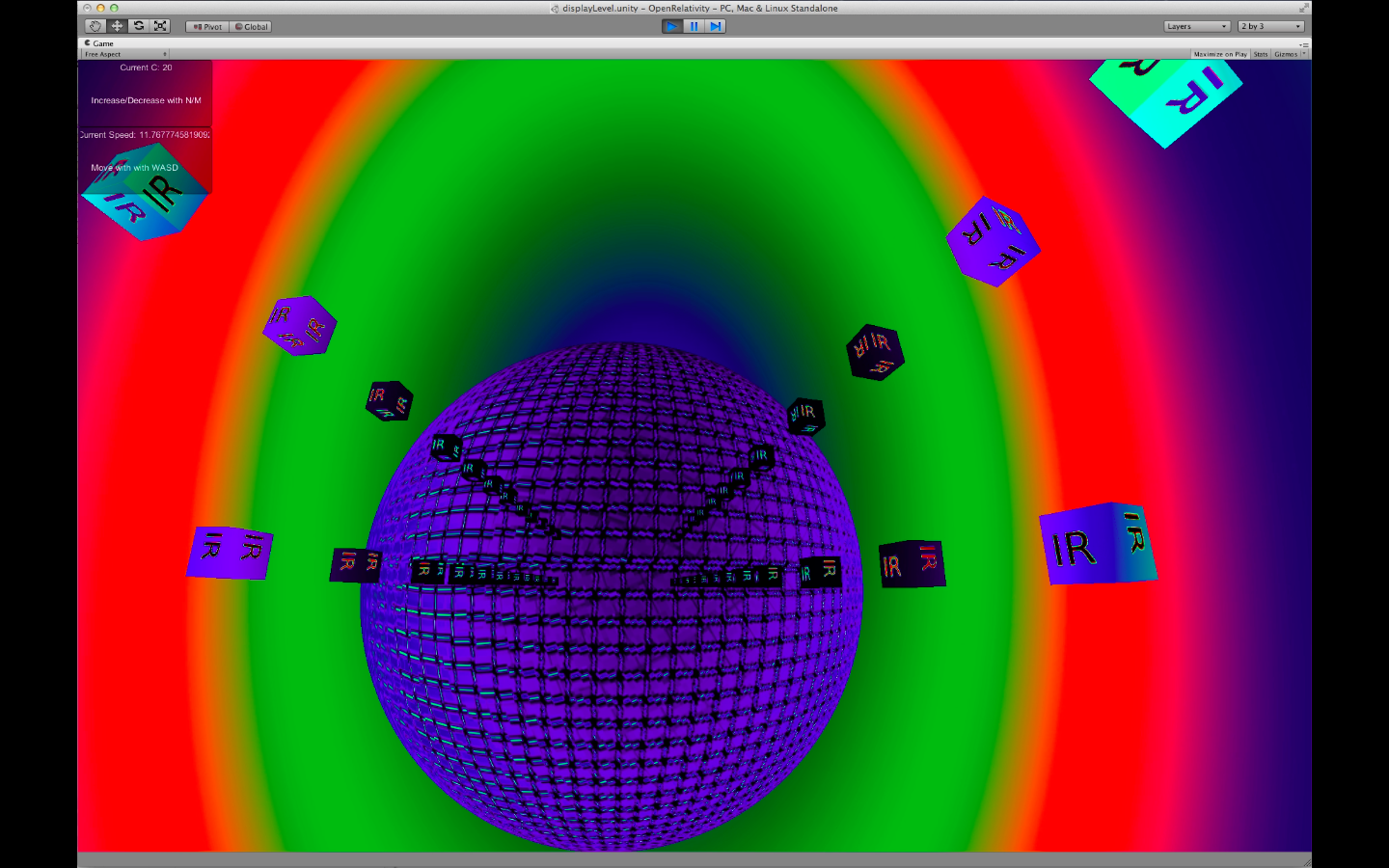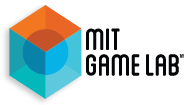OpenRelativity released, plus a new beta of A Slower Speed of Light!

We’re happy to say we’ve released OpenRelativity, our game development tool designed to help developers and educators experiment with the effects of special relativity.
We’ve also released new betas of A Slower Speed of Light for Windows, Mac OS X, and Linux!
From our post for MIT’s Campus News
Why OpenRelativity?
Education can be assisted through the use of games and other interactive media, especially for topics that frequently are hard to understand and visualize. Philip Tan, Creative Director of the MIT Game Lab, says “The MIT Game Lab is built around this idea that play is extremely powerful, and one thing games are good at is giving people an intuitive grasp of complex scientific ideas.” The toolset can help educators create new demonstrations to provide an intuitive, useful understanding of a dense and complex topic. At the same time, these tools make the visually stunning effects of traveling near the speed of light available to game developers, increasing awareness about the topic to people who may have never encountered it.OpenRelativity was developed as a tool to create A Slower Speed of Light, a game developed in conjunction with Gerd Kortemeyer, Associate Professor of Physics Education at Michigan State University, while he was a visiting professor at MIT. Professor Kortemeyer says that he wanted to develop the game and tool in order to ask students “What would it be like if relativity was part of your everyday life?”
Preliminary development occurred at Michigan State with his students. “What we developed at MSU was the foundation, a proof-of-concept, a functioning prototype,” Professor Kortemeyer says. “At MIT, we were able to take the next step, developing a full-featured game and incorporating even more physics.” MIT Undergraduates Zach Sherin and Ryan Cheu worked at the MIT Game Lab to adapt the Michigan State-developed technology for the Unity development environment. By being integrated into a common and well supported game development environment like Unity, OpenRelativity will allow a greater number of people access to a field that is often regarded as difficult to comprehend.
Learn more about OpenRelativity from the project’s research video:
